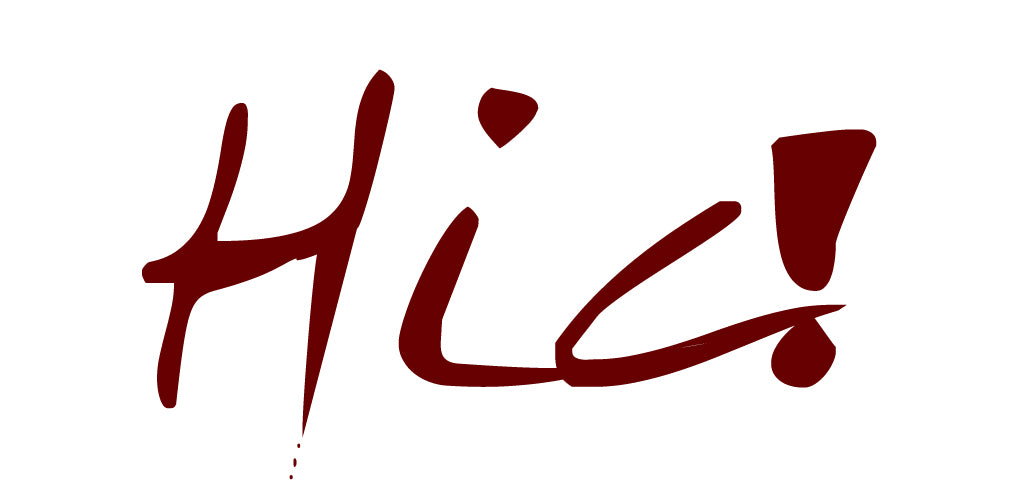Fortified Wines

Fortified wine is a term to describe any wine, dry or sweet, red or white, to which a distilled spirit (usually brandy), has been added - irrespective of any differences in vinification techniques used. Whereas still wines usually have an alcoholic strength of between 8.5 and 15 per cent alcohol by volume, fortified wines have a strength of between 17 and 24 per cent alcohol by volume.
Invariably, the brandy used to make the fortified wine is made from local wines, it is totally neutral and has no hint of brandy flavour. The amount of alcohol added and exactly how and when it is added is as critical to the particular character of a fortified wine as is its grape variety or area of production. Mutage, Early Fortification and Late Fortification are all methods that may be used to fortify wines.
Mutage is the addition of alcohol to fresh grape juice, which prevents fermentation and produces fortified wines known as vins de liqueurs in France, such as Pineau des Charentes in Cognac or Ratafia in Champagne.
The Early Fortification method sees the addition of alcohol after fermentation has begun and is often done in several small, carefully measured and timed doses spread over several hours or days. The style of fortified wine being made will dictate exactly when the alcohol is added and will be effected by the variable strength of the grapes from vintage to vintage. On average, alcohol is added to Port after the alcohol has reached 6 to 8 per cent and added to vins doux naturels, such as Muscat de Beaumes de Venise, at any stage between 5 and 10 per cent.
Late Fortification is the addition of alcohol after fermentation has ceased. The classic fortified wine produced by this method is sherry, which is always vinified dry and any sweetness added later.
In addition to the classic Port and Sherry styles, there are many other fortified wines produced including Madeira, Marsala and the aromatised wine Vermouth.

£20.00
£23.00
£95.00
£30.00
£26.00
£12.00
£12.00
£12.00
£16.00
£16.00
£16.00
£37.00
£26.00
£26.00
£70.00
£85.00
£110.00
£80.00
£28.00
£23.00
£20.00
£28.00
£28.00

























